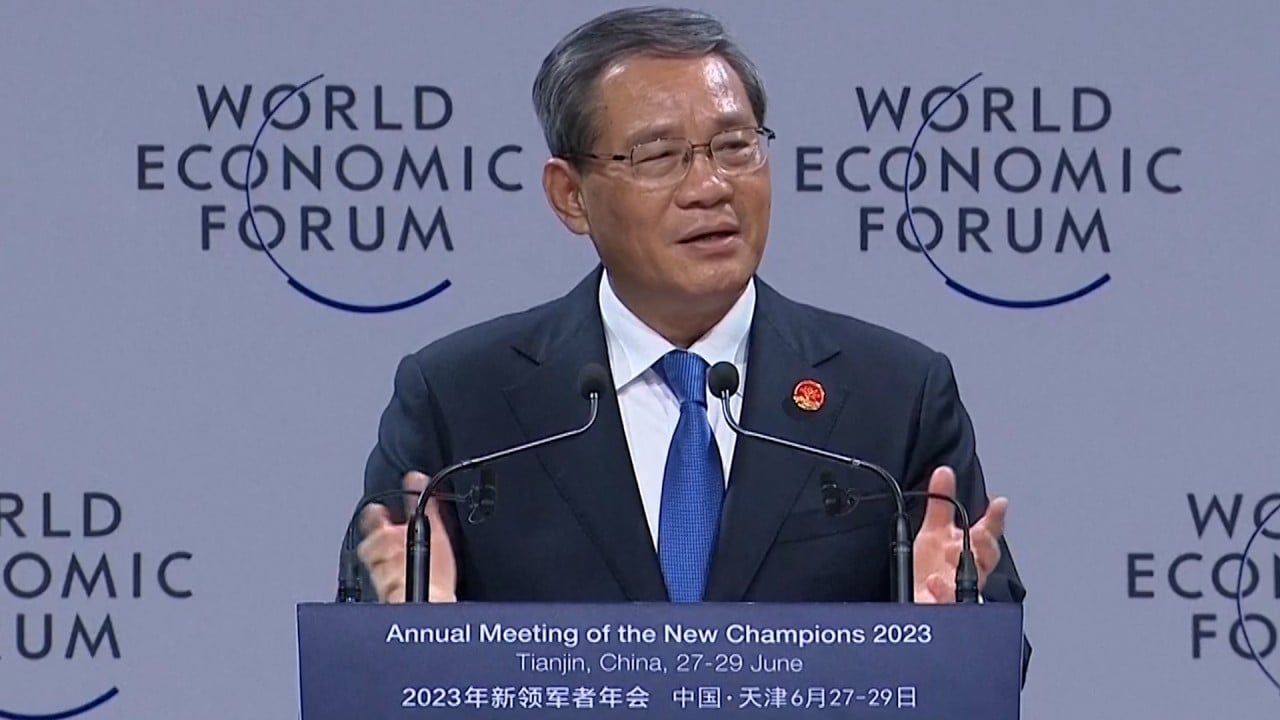
Funds bet on ‘cheapness’ history, Beijing policy spark to reverse US$140 billion rout in Chinese stocks
- Valuations of MSCI China Index stocks have slipped back to level last seen in late 2018, from where the market rallied: Cambridge Associates
- Cambridge Associates has peers Franklin Templeton and abrdn in the bullish camp
The MSCI China Index, which tracks over 700 companies listed at home and abroad, has fallen 13 per cent this year to rank among the worst performers as foreign funds fled and favoured equities in India and Japan. This year’s US$140 billion sell-off in the index members followed a 23.6 per cent decline in 2022 and a 22.8 per cent drop in 2021.
“The valuations are some of the lowest you have seen,” Aaron Costello, regional head for Asia at Cambridge Associates, said in an interview. The Boston-based firm had US$276 billion of regulatory assets under management at the end of 2022. The negativity is already priced in and “something powerful, like a rally” could be building up, he added.
Stocks in the MSCI China Index trade at 11.7 times their forward 12-month earnings, the lowest since 2018, according to Bloomberg data. The last time valuations were this low, the CSI 300 Index tracking the largest companies listed in Shanghai and Shenzhen jumped 40 per cent in the next four months, Costello said.

Costello is counting on the Central Economic Work Conference in Beijing next month to deliver the positive vibes, when China’s top leaders meet to set the nation’s economic and policy for the year ahead. China’s top leaders have lately turned more conciliatory to foreign investors in an attempt to overturn their pessimism.
Costello has some of the biggest industry peers on his side. Chinese stocks are showing “a lot of cheapness” now, which means investors should start rebuilding their positions to capitalise on the country’s long-term growth, according to Franklin Templeton.
UK-based money manager abrdn is also banking on more policy support to drive up equity prices. Factory activity and the services economy are showing encouraging signs that the targeted policy support is bearing dividends, Nicholas Yeo, head of China equities, said in a note.
If the government comes out with a “convincing and aggressive” plan on tackling local government finance and the property developer stress, that will be “a real catalyst”, Costello said. Domestic investors will step in, while foreign investors who understand China will also follow suit, he added.
“It’s about as bad as it gets, so just waiting for the spark,” Costello said. “When it snaps back, it could be a very fast move and quite powerful. So I’m willing to take a position on that.”


